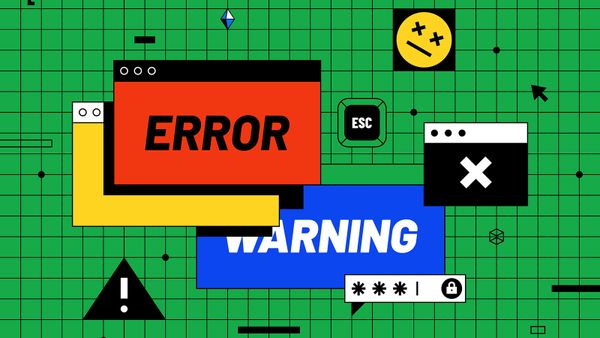We all know computer viruses -- and other kinds of malware -- can cause problems ranging from irritating to catastrophic. Some malware replicates itself until it fills up all available space on your hard drive, turning your computer into a brick. Other kinds corrupt data on your machine or make your computer unstable. A few will even attempt to use your e-mail programs to distribute the malicious code to everyone in your contacts list. And there's always the possibility a cracker -- that's a malicious hacker -- will use malware to get remote access to your computer.
No one wants to own a computer infected with a nasty virus. That's why it's very important to practice safe computing habits and to install reliable anti-virus software. You can avoid most malware just by paying attention and staying away from a few common traps. If your anti-virus software is up to date, you should be in pretty good shape.
Advertisement
But once in a while, computer viruses get beyond our defenses. Maybe our anti-virus software is out of date or has been compromised by a particularly clever bit of code. Perhaps we clicked on a link by accident and activated a virus. Or someone else used our computer and downloaded some malware by mistake.
How do you know if your computer has been hit by a computer virus? If your anti-virus software is robust and up to date, you'll likely receive a message as the application scans your computer. That makes detecting the virus a breeze. But what if your software is out of date or the virus has managed to deactivate the anti-virus program? Are there signs you can watch out for that might indicate a virus?
As a matter of fact, there are several signs that could indicate the presence of malware on your computer. We'll take a closer look on the next page.
Advertisement



